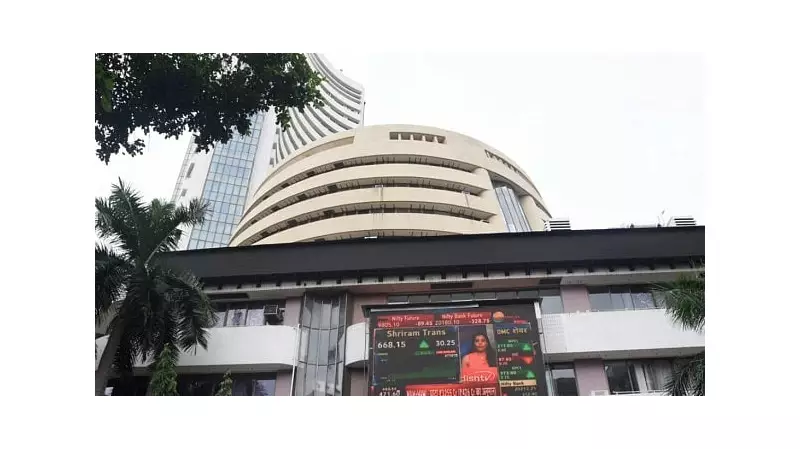
Indian equity markets ushered in the new Hindu financial year Samvat 2082 with robust gains during the special one-hour Muhurat trading session on Diwali Sunday, signaling strong investor optimism for the year ahead.
Festive Cheer Drives Market Rally
The benchmark Sensex jumped 355 points, closing at 65,259, while the Nifty50 surged 100 points to settle at 19,526 in the auspicious trading session. The markets demonstrated remarkable resilience despite recent global uncertainties, with both indices climbing approximately 0.55% during the special evening session held between 6:15 pm and 7:15 pm.
Sectoral Performance Highlights
Auto stocks accelerated the rally with Tata Motors emerging as the top gainer among Sensex constituents. The metal and realty sectors also contributed significantly to the upward momentum, reflecting broad-based buying interest across sectors.
Market experts attributed the positive sentiment to several key factors:
- Strong domestic macroeconomic fundamentals
- Declining global crude oil prices
- Robust corporate earnings season
- Continued foreign institutional investor inflows
Historical Context and Market Sentiment
The Muhurat trading session, a decades-old tradition on Diwali, holds special significance for Indian investors who consider it auspicious to initiate new investments during this time. This year's strong opening follows Samvat 2079's impressive 10% returns for the Sensex and nearly 9% gains for Nifty.
"The positive start to Samvat 2082 reflects the underlying strength of the Indian economy and investor confidence in the growth story," noted a market analyst. "The broad-based participation across sectors suggests the rally has strong foundations."
Broader Market Outlook
Market breadth remained strongly positive with advance-decline ratio favoring buyers. The special session saw active participation across market caps, with midcap and smallcap indices also closing in positive territory. The bullish momentum sets an optimistic tone for the new financial year, with analysts predicting continued strength in domestic-oriented sectors.





